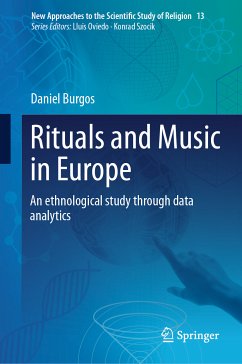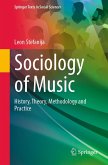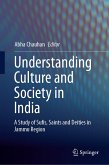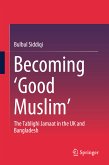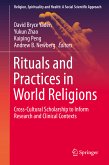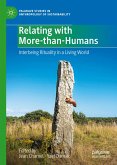This book explores modern European religious and non-religious rituals and their main features by focusing on music as a key element required for the full expression of beliefs. It specifically examines the relationship between religious, non-religious, pagan, cultural, celebratory, and traditional rituals. In doing so, this text focuses on the extent to which the rituals overlap, replace, or feed religious or pseudo-religious beliefs to create alternative beliefs (individual or collective) that systematically ignore any religion. The book further analyses the relationship between daily habits, holidays, sports, politics, culture, and other pagan rituals as forms that represent social feelings by identifying, enjoying, or impersonating emotions; and transversally, it explores how music facilitates and fosters those emotions. The volume also investigates how rituals coexist and mutually influence each other through a representation of religious and non-religious rituals, and how music plays a central role in that phenomenology.
The author argues that music is a key part of various types of rituals (e.g. rites of passage), and that music supports and enriches the meaning of the ritual, to ultimately strengthen the bond of communication with the individual and the group. This monograph appeals to students and researchers working in religious studies and in music theory.
Dieser Download kann aus rechtlichen Gründen nur mit Rechnungsadresse in A, B, BG, CY, CZ, D, DK, EW, E, FIN, F, GR, HR, H, IRL, I, LT, L, LR, M, NL, PL, P, R, S, SLO, SK ausgeliefert werden.

